- Foundation
- Actions
- Osteoarthritis
- Actuality
- OAFI Radio/TV
- Get Involved
- Contact
-
-
-
OAFI
Osteoarthritis International FoundationC/ Tuset, 19 · 3º 2ª
08006 Barcelona
(+34) 931 594 015
info@oafifoundation.comSchedule:
Monday-Thursday 9AM-6PM
Friday 8AM-3PM
-
-
-

-

-

e-Health: How important are online patient communities?

In recent years, a number of health forums and online patient communities have emerged. Within these platforms, patients exchange information about their experiences with chronic illness. These communities provide a space where patients can discuss and share their experiences on issues of concern to them. What can patients expect from these forums in terms of support, advice and understanding? Can they trust the information they find there? How can these communities help advance scientific research?
- What is an online patient community?
People are increasingly turning to the internet to find information and support for their chronic illnesses. For example, in France, nearly one in three French people discussed these health issues online in 2018, according to an Odoxa survey for the Healthcare Data Institute.
Indeed, for several years, new platforms for exchange between patients have been emerging on the Internet. These platforms allow patients to share their experiences of living with chronic illness.
Through these online communities, they are able to inform, support, and advise one another, thus overturning the codes of health-related information! Information is no longer only vertical, i.e., from doctor to patient, but is likely to become horizontal, from patient to patient.
Still, according to the Odoxa survey, the most frequent searches concern the side effects of medicines (for 58% of respondents), the daily experience of the disease (for 57% of respondents), and self-diagnosis (for 46%).
- What are the benefits of these online communities for patients?
Patients that are better informed about their health condition have a better understanding of the information provided by their doctor and can therefore participate more actively during their medical consultations.
They become “actors in their own health” and are more involved in the daily management of their illness. Informed patients that are actively invested in their condition learn to better take care of themselves, exploring all the key factors of their recovery and quality of life (treatments, symptom management, medical follow-up, etc.).
In the UK, one of the largest and growing online patient communities is Carenity, with over 151,000 members and forums for over 1,200 chronic illnesses (osteoarthritis, cancer, fibromyalgia, multiple sclerosis, etc.)
- What are the limitations of online patient communities?
While the number of online health forums is growing, the quality of information on these forums can be inconsistent. It can sometimes be difficult for patients to distinguish between discussions grounded in facts and those in misinformation or fantasy.
Some forums are nevertheless supervised by health professionals and community managers, such as Carenity, who moderate messages that could be harmful medically. In addition, some platforms offer a range of articles that have been validated by medical professionals, allowing the information found on the forums to be cross-referenced with more “clinical” information.
Nevertheless, and even if patient communities represent a real revolution in the health field, it is important to use them properly and to not hesitate to consult a doctor regularly.
- How do these patient communities help to advance medical research?
These online patient communities are also a goldmine for researchers and the pharmaceutical industry, who now work hand in hand.
On Carenity, numerous surveys are offered to patients with the goal of gathering their opinions on various subjects, such as managing chronic illness in the day-to-day, for example. The results are always collected anonymously and in aggregate form.
A better understanding of patients’ needs gives researchers the opportunity to focus their efforts on patients in order to provide them with better relief and care.
Patients can make their voices heard by industry and health authorities. Their feedback helps to improve treatment and care.
Sources:
Talking about your health online: A far from marginal practice that can help research, Odaxa
Categories :
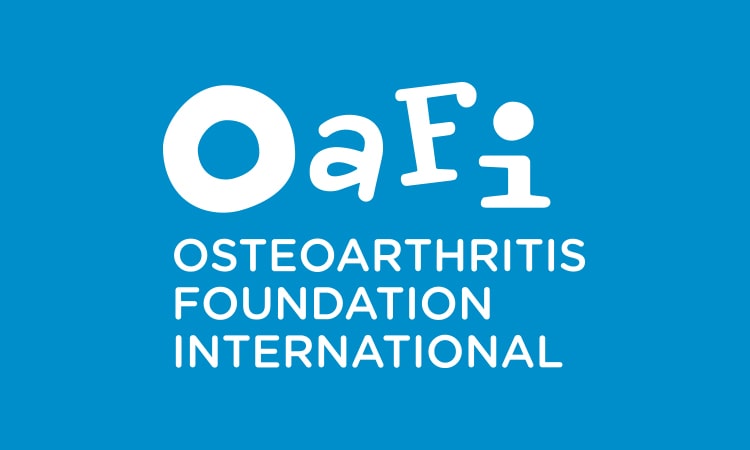




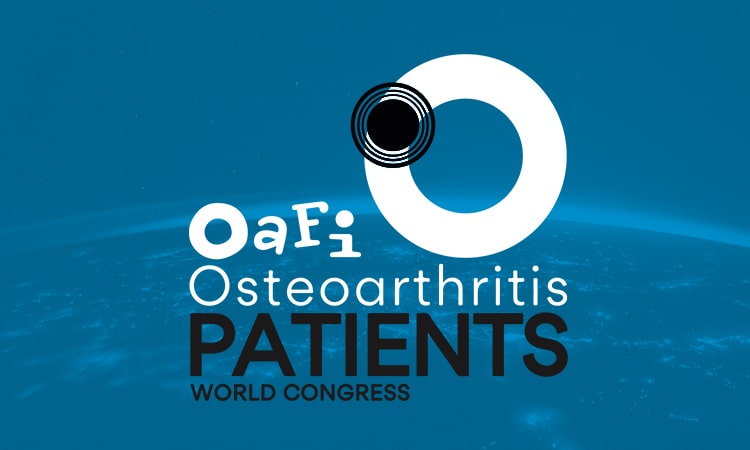







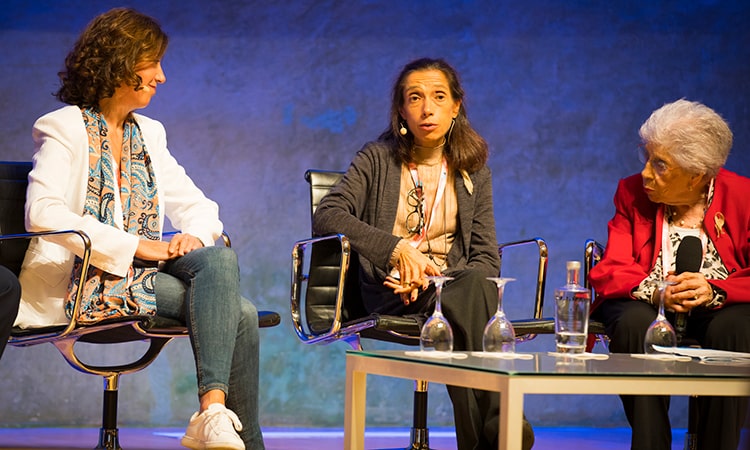




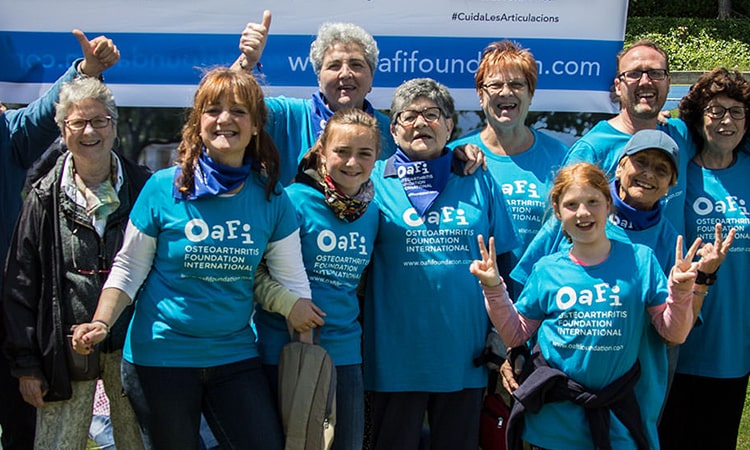

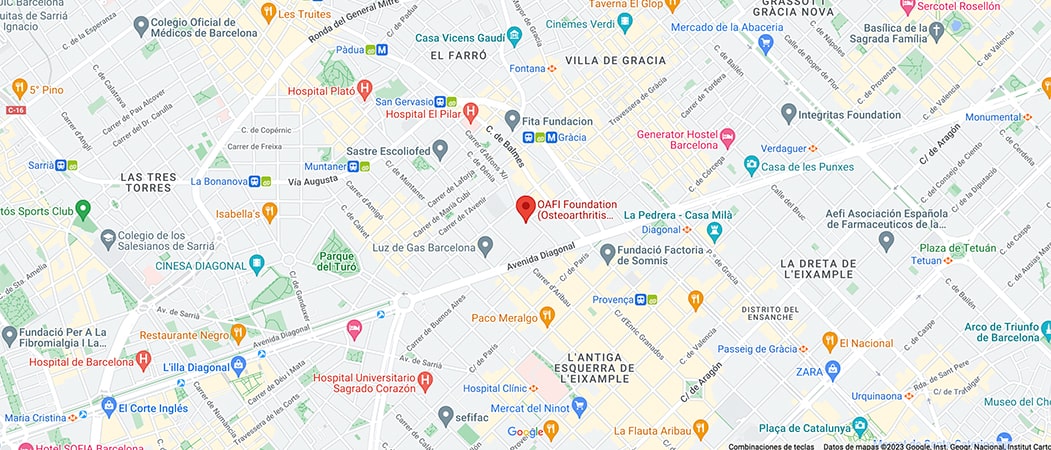

Leave a Reply